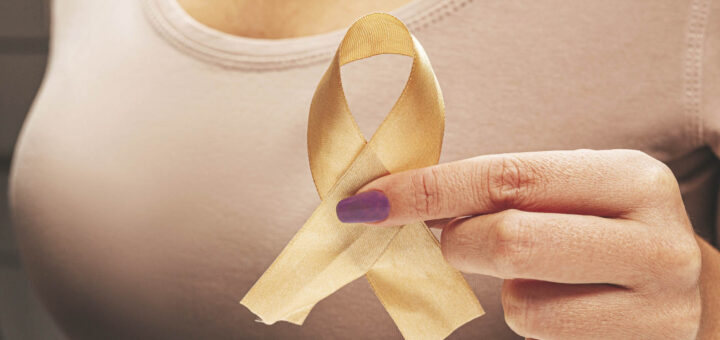Suicide prevention framework ready for feedback from community

By Noel Harper, News Editor
Following research, deliberations and consultations with community members throughout the 2020-21 academic year, Mount Royal University (MRU)’s Suicide Prevention Framework Steering Committee has released a draft of their work for the community to respond to.
The 14-member committee included representatives from various faculties, campus services, the Student’s Association and two students-at-large, and they had been meeting since October 2020.
“Implementation of this framework will reach the entire MRU community, focusing on suicide prevention, intervention, and postvention from individual to organizational levels,” the draft reads.
The framework’s guiding principles include shared responsibility, inclusivity by design, a proactive approach, being informed by knowledge and expertise, and support from senior leadership.
A total of 10 consultation sessions were held between October 2020 and March 2021. Seven for the campus as a whole, two with members of the University Leadership Group (ULG), and one private session involving those “who had direct experience(s) with critical incidents at MRU which include community members engaging in suicide behaviour or the experience of a death.”
“We heard strongly and consistently that buy-in from campus community members and departments will be necessary in order to fully integrate the framework as a core component of MRU’s operations,” the report says of these consultations.
Students, staff, faculty and managers were asked to reply to a series of questions. These questions include how to ensure said buy-in, the barriers to getting support that exist, and ways to raise awareness of mental health resources that are already in place. Meanwhile, the ULG recommended that the framework focus on resource familiarity and responding to suicides within the campus community.
The third, closed group focused on postvention — the ways in which those affected by a suicide loss are supported in the aftermath, as defined by Canada’s Federal Framework for Suicide Prevention — and highlighted the need to consider the mental health of employees and first responders who are placed into postvention situations. Between all these sessions, 161 people were consulted.
Data collected through the National College Health Assessment — operated through a non-profit organization based in Maryland, U.S. — from 2019 shows that on three key metrics relating to suicide, MRU students differed greatly from the previous survey three years prior.
Per a sample size of 1,319 students, 19 per cent “seriously considered suicide” during the preceding 12 months — a higher percentage than both the provincial and national averages — 9.7 per cent intentionally self-harmed and 2.9 per cent attempted suicide. Furthermore, 84 per cent of students would seek help from a professional to help with personal problems.
All told, the committee made 47 recommendations directed to various campus groups — including Wellness Services, Human Resources, the ULG and the Iniskim Centre — within the framework’s four main goals: strengthening and expanding supports and policy, fostering a thriving campus environment, increasing community awareness and developing a sustainable implementation for the framework.
The ‘Death of a Student’ and ‘Death of an Employee’ policies are to be reviewed, as well as guidance on memorials and identifying close connections. The framework also plans to explore the use of live chat support for the MRU Mental Health Services webpage, increase the suicide prevention training of students and employees, and “research and implement mechanisms for restricting access to means of suicide on campus.” Progress on these recommendations will be reviewed annually.
Students and employees can offer feedback on the draft until April 16.




